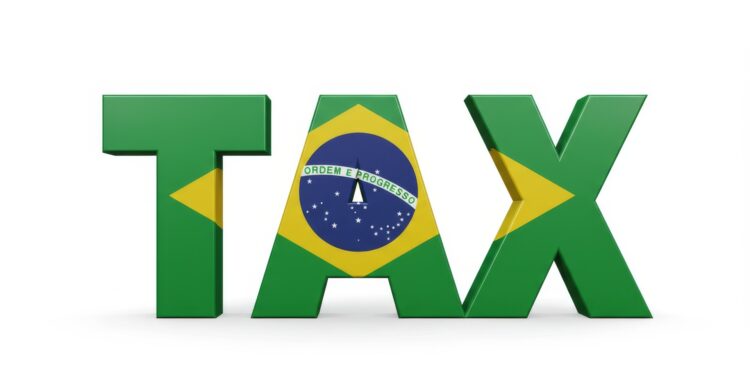- Brazil’s new crypto tax ends exemptions for gains under R$35,000 (AU$9,696).
- A flat 17.5% capital gains rate now applies to all investors.
- Self-custodied and offshore crypto assets are also subject to the tax.
The Brazilian government has eliminated its tax exemption for small-scale cryptocurrency investors. On 11 June, the government published Provisional Measure 1303 (MP 1303), introducing a 17.5% flat tax on all cryptocurrency capital gains.
Previously, Brazilian residents who sold up to R$35,000 (AU$9,696) worth of crypto per month were exempt from income tax. Profits above this threshold were taxed progressively, starting at 15% and reaching up to 22.5% for volumes over R$30 million (AU$8.32 million).
The new measure removes all exemptions and applies equally to all investors, regardless of transaction volume. This means small traders now face higher taxes, while large investors may see their tax bills reduced from the previous system, according to Brazilian news outlet Portal do Bitcoin.
Related: Aussie Judge Rules Bitcoin Is Cash, Puts ATO’s Crypto Taxation on Notice
MP 1303 will also cover crypto assets held outside exchanges or in foreign jurisdictions. Profits must be reported quarterly, and losses may be offset over five previous quarters, a timeframe that will be shortened from 2026 onwards.
The rules for companies under Brazil’s real and presumed profit regimes remain unchanged. These entities still cannot deduct losses from crypto asset operations.
Apart from Crypto, Government Targets Bonds and Betting
In addition to crypto, fixed-income products Agribusiness Credit Letters, Real Estate Credit Letters, Real Estate Receivables Certificates, and Agribusiness Receivables Certificates will now incur a 5% tax on profits. Additionally, taxes on revenues from online betting operators will rise from 12% to 18%, although taxation on better prizes awarded remains unchanged.
These changes follow the withdrawal of a proposed hike in the Financial Operations (IOF) Tax, which faced backlash from Congress and financial markets. The Ministry of Finance introduced MP 1303 as an alternative approach to raise tax revenue.
Related: Vietnam Passes Landmark Law to Regulate Crypto and Boost Digital Tech Leadership
Credit: Source link






















